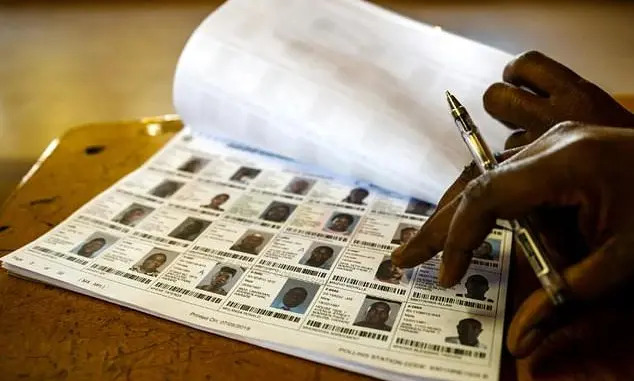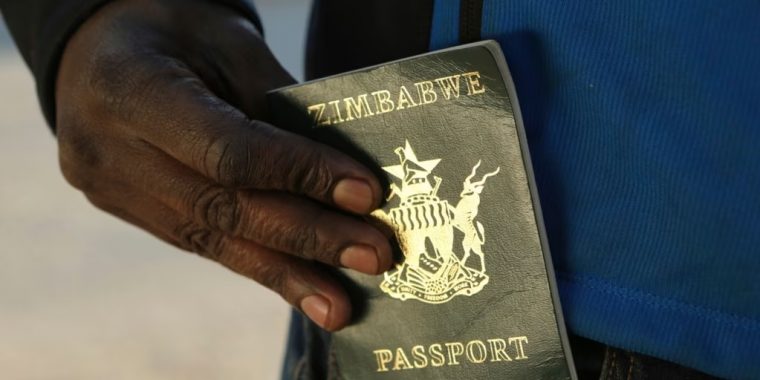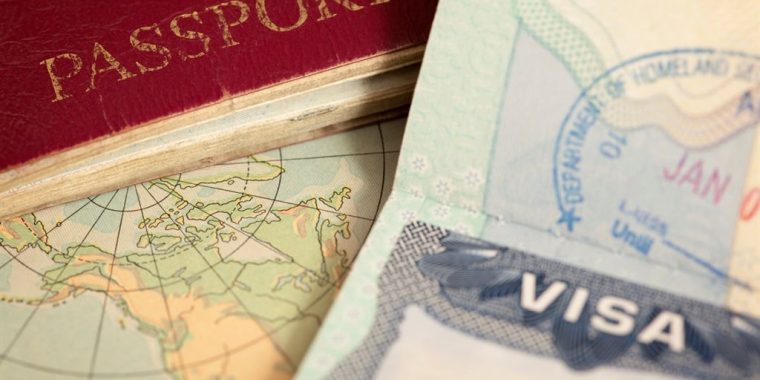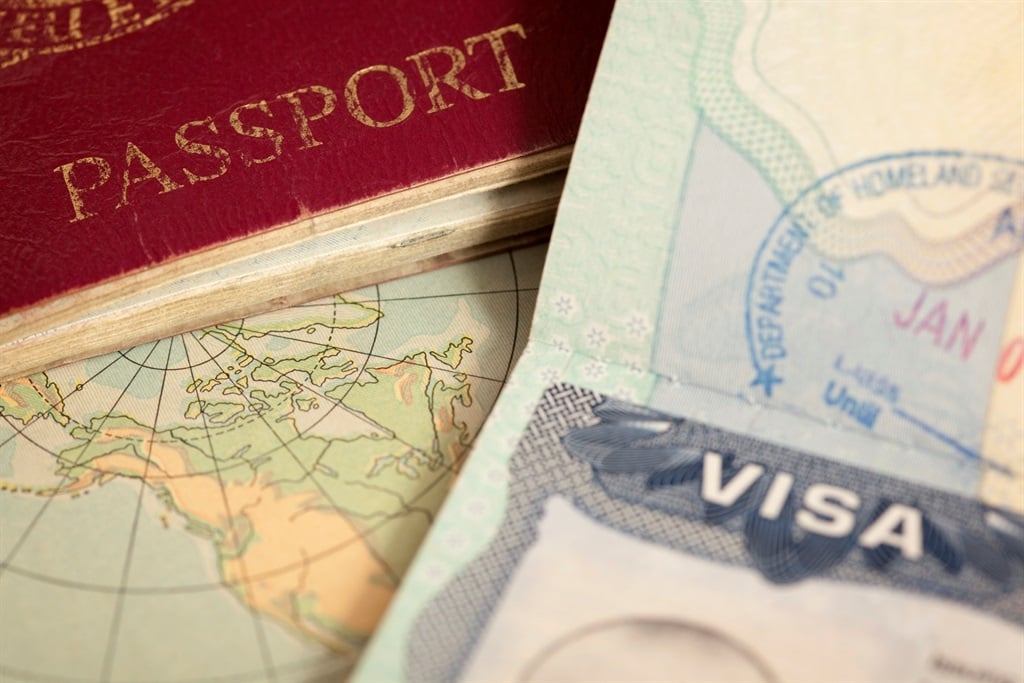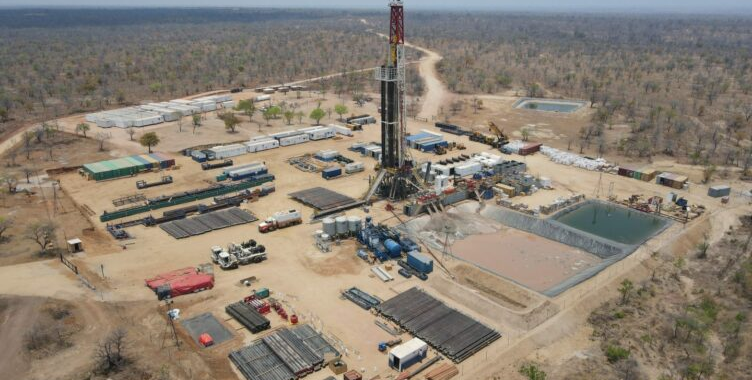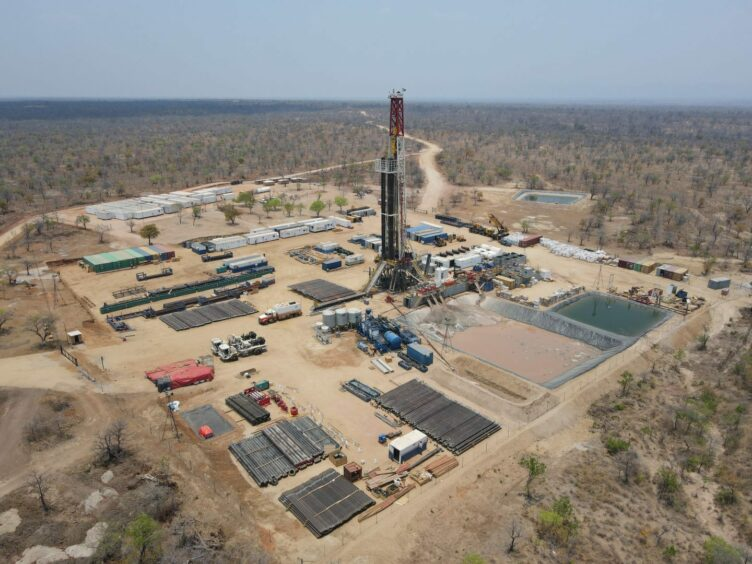A
view
of
a
crowded
street
in
Harare,
Zimbabwe
MUSTAFA
KAMACI/ANADOLU
AGENCY/GETTY
IMAGES
BY RUFARO
MANYEPA •
DECEMBER
6,
2023
What’s
the
difference
between
developing
and
developed
countries?
For
most
people
who
have
only
lived
in
a
developed
country,
there’s
a
lot
of
guesswork
involved.
Even
those
who
have
visited
a
Third
World
country
have
only
a
rudimentary
understanding
of
the
differences.
Some
differences
are
obvious.
Hunger,
poverty
and
disease
are
most
commonly
found
in
Third
World
countries.
Poor
infrastructure,
despotic
rulership
and
inefficient
service
delivery
are
the
bread
and
butter
of
developing
nations.
Most
people
have
seen
news
reports
or
charity
commercials
attesting
as
much.
But
there
is
another
less
obvious
difference.
I
have
lived
in
Zimbabwe
and
the
United
States
of
America.
Zimbabwe
is
one
of
the
poorest,
least
developed
countries
in
the
world.
America
is
the
single
greatest
nation
that
has
ever
been.
These
two
countries
represent
the
worst
and
the
best
the
world
has
to
offer.
The
difference
between
these
two
nations
is
the
difference
between
lawfulness
and
lawlessness.
The
Rules
of
the
Road
At
the Trumpet,
we
speak
about
lawlessness
often:
the
administrative
lawlessness
destroying
America,
the
political
corruption,
the
moral
degradation
and
economic
quagmire.
But
let’s
talk
about
something
America
does
well:
driving.
Even
in
developed
countries,
driving
can
be
perilous
and
stressful.
I
have
only
driven
in
Zimbabwe
and
America.
But
many
highly
developed
countries
have
reputations
for
terrible
driving.
America’s
road
network,
though,
is
a
work
of
genius.
It
is
a
result
of
precise
planning
and
logical
thinking.
The
interstate
system,
the
brainchild
of
President
Dwight
Eisenhower,
is
one
of
the
world’s
most
efficient
travel
mechanisms.
Whether
embarking
on
a
cross-country
road
trip
or
simply
commuting
to
work,
driving
is
easy
in
America.
In
Zimbabwe,
it’s
closer
to
an
extreme
sport.
The
roads
are
treacherous.
Potholes
are
the
rule,
not
the
exception,
testing
the
most
seasoned
drivers.
New
roads
haven’t
been
built
in
decades,
meaning
heavy
traffic
is
the
order
of
the
day.
But
what
really
makes
a
difference
is
the
drivers
themselves.
The
average
Zimbabwean
driver
does
not
care
about
the
law.
During
a
traffic
jam,
it
is common to
see
drivers
circumvent
traffic
by
driving
on
the
shoulder
or
commandeering
the
lane
for
oncoming
traffic.
Where
there
are
only
two
lanes,
drivers
create
five.
They
know
the
police
don’t
care;
90
percent
of
a
policeman’s
job
is
doing
traffic
stops
to
check
if
drivers
have
purchased
radio
licenses.
That’s
actually
in
Zimbabwe’s
Constitution. Police
enforce
that
law,
but
they
don’t
enforce
the
traffic
laws.
In
Zimbabwe,
it’s
almost
impossible
to
relax
while
driving.
You
might
be
in
the
outer
lane,
but
that
won’t
stop
a
car
from
driving
on
the
shoulder
next
to
you.
You
might
be
glad
your
road
home
has
no
heavy
traffic,
but
that
won’t
stop
a
car
from
entering
your
lane
and
driving
headfirst
into
you
unless
you
pull
over
and
let
it
pass.
Normalizing
Lawlessness
Developed
countries
aren’t
monolithic.
There
are
good
cities
to
drive
in
and
bad
ones
to
drive
in.
There
are
lawful
areas
and
lawless
areas.
But
the
overall
trend
is
one
that
began
with
more
lawfulness
than
lawlessness.
But
for
Zimbabweans,
bad
driving
is normal.
Lawlessness
is
normal.
It
wasn’t
this
way
while
it
was
still
named
Southern
Rhodesia.
It
is
the
result
of
a
culture
of
lawlessness
created
by
Zimbabwe’s
despotic
leadership.
It
is
the
result
of
a
Constitution
that
gives
the
government
as
much
power
as
possible.
As
a
result,
Zimbabweans
are
used
to
lawlessness.
They
are
used
to
poor
service
delivery,
potholed
roads,
a
failing
economy,
living
in
filth,
darkness
and
poverty.
They
are
used
to
unrestrained
leaders
who
routinely
lie,
cheat,
steal
and
use
violence.
Strange
as
it
might
sound,
Americans
are
in
a
similar
situation.
America’s
Bible-based
Constitution
was
ratified
in
1787
to
guide
the
nation’s
government.
It
delineated
the
separation
of
powers,
individual
rights
and
mechanisms
for
amendments.
Most
of
my
experiences
in
America
were
marked
by
trust
in
government
institutions
as
they
upheld
the
rule
of
law.
Exceptions
were
a
direct
result
of
rulers
promoting
lawlessness
so
they
could
take
more
power.
Today,
these
rulers
are
normalizing
lawlessness.
The
left—which
controls
the
media,
entertainment
and
pop
culture—has
branded
conservative
values
as
antiquated,
racist,
backward,
primitive,
defunct,
irrelevant
and
burdensome.
The
left
has
also
expertly
branded
its
own
values
as
positive,
progressive,
tolerant,
loving,
pro-equality
and
pro-choice.
Right
is
wrong.
Up
is
down.
And
Americans
are
getting
used
to
it.
In
1970, 67
percent of
Americans
ages
25
to
49
were
living
with
their
spouse
and
one
or
more
children
younger
than
18.
That
is
now
at
37
percent.
More
couples
are
unmarried,
having
children
outside
of
wedlock,
and
engaging
in
homosexuality.
Fewer
Americans
are
religious,
and
unsurprisingly, 96
percent of
atheists
support
same
sex
“marriage.”
America
is
getting
used
to
lawlessness.
The
End
Result
of
Lawlessness
There
is
a
world
of
difference
between
America
and
Zimbabwe.
But
both
are
plagued
by
a
deadly
strain
of
lawlessness.
Because
of
America’s
historical
association with law
and
order,
its
trajectory
is
even
more
tragic.
Americans
are
being
bullied
into
accepting
lawlessness.
If
you
don’t
support
genocidal
groups
like
Hamas,
if
you
aren’t
in
favor
of
murdering
babies
in
their
mother’s
womb,
if
you
support
judging
people
by
the
content
of
their
character
and
not
the
color
of
their
skin,
if
you
believe
in
traditional
family,
then
you
are
lambasted
as
a
racist,
Zionist,
sexist,
bigoted,
misogynistic
and
hateful
Nazi.
It’s
like
obeying
the
rules
of
the
road
and
being
attacked
for
it.
Yet
too
many
Americans
are
happily
casting
aside
the
rules
of
the
road.
Too
many
support
Hamas,
abortion,
Black
Lives
Matter.
They
support
homosexuality,
the
destruction
of
the
traditional
family,
and
genital
mutilation
of
children.
America
is
abandoning
religion,
the
Bible
and
God—and
supporting
lawlessness.
Worst
of
all,
it
is
under
the
guise
of
promoting
freedom
from
law.
The
Apostle
Peter
says
this
is
an
erroneous
idea
of
freedom:
“They
promise
them
freedom,
but
they
themselves
are
slaves
of
corruption;
for
whatever
overcomes
a
man,
to
that
he
is
enslaved”
(2
Peter
2:19;
Revised
Standard
Version).
Trumpet editor
in
chief
Gerald
Flurry
writes
in No
Freedom
Without
Law:
These
individuals
promise
freedom
and
liberty—but
they
never
talk
about
the
“law
of
liberty”!
They
offer
a
false
freedom—a
lawless
liberty,
which
is
really
slavery.
They
talk
about
love,
but
it
is
a
shallow,
meaningless
love,
not
grounded
in
God’s
law.
The
U.S.
Supreme
Court
has
offered
sodomites
“liberty.”
Instead,
they
should
be
giving
them
the law
of
liberty.
They
themselves
are
servants
of
corruption
and
rebellion.
The
law
is
the
only
thing
that
offers
us
freedom.
America’s
Bible-based
Constitution
is
the
reason
why
it
became
the
freest,
single
greatest
nation
on
Earth.
Its
lawlessness
is
the
reason
why
it
is
descending
into
a
chaos
that
will
make
Zimbabwe’s
roads
look
tame
by
comparison.
But
you
can
make
a
change
in
your
life.
You
can
apply
God’s
law
of
liberty
today
and
see
how
the
rule
of
law
can
make
your
home
and
family
as
great
as
America
once
was.
To
learn
more,
request
Mr.
Flurry’s
free
booklet No
Freedom
Without
Law.
Post
published
in:
Featured



